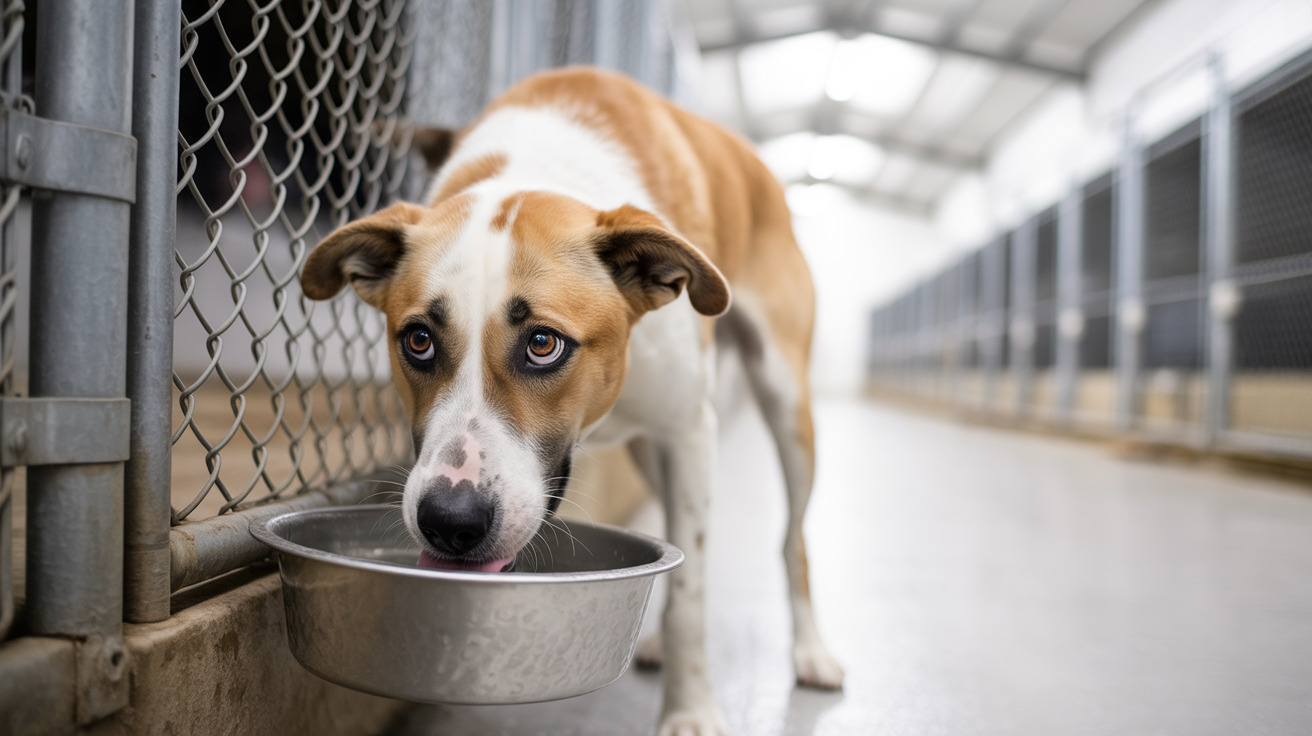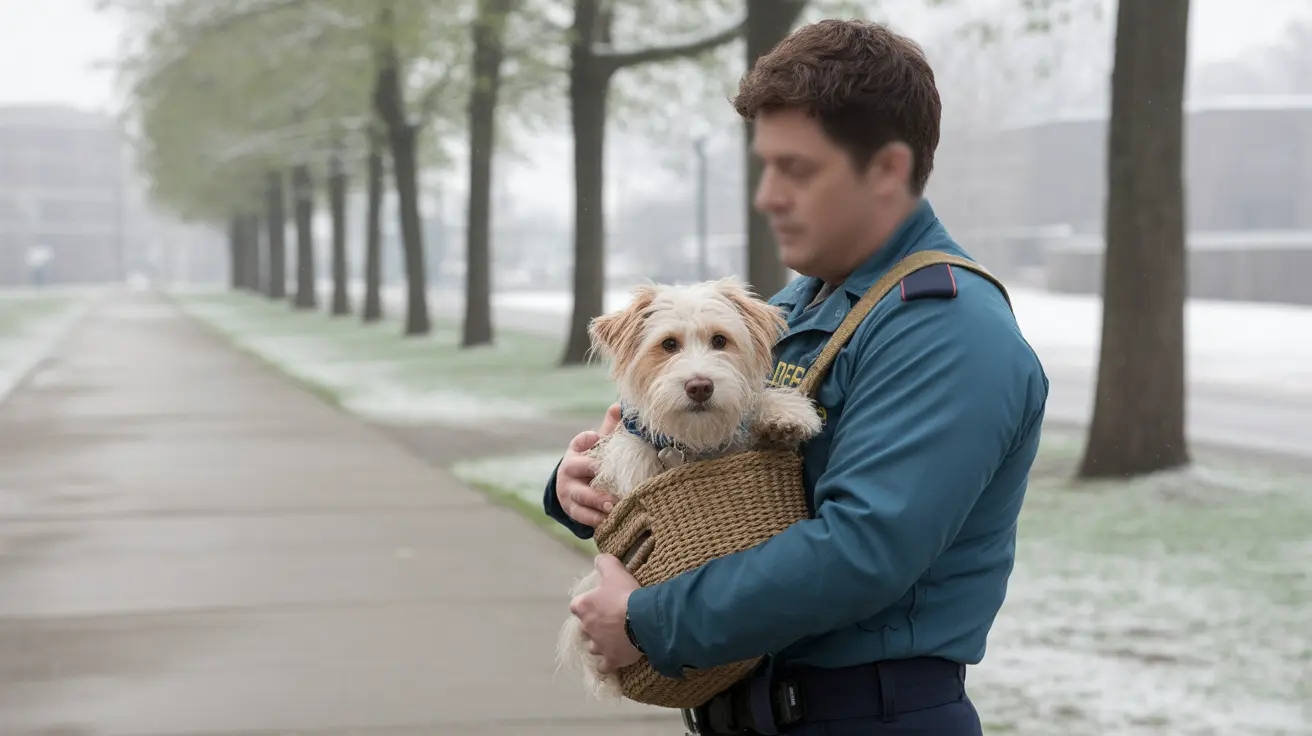Should You Feed Your Dog Turkey Lunch Meat?
Many pet owners love sharing food with their furry companions, and turkey lunch meat might seem like a harmless treat. However, not all human foods are safe for dogs—even in small quantities. Turkey lunch meat, also known as deli meat, presents several risks that pet owners should be aware of before offering it to their pups.
Why Turkey Lunch Meat Is Risky for Dogs
Deli and lunch meats undergo heavy processing and often contain additives that are harmful to dogs. The risks come from several sources:
- High sodium content – Dogs are sensitive to salt, and too much sodium can lead to dehydration, excessive thirst, or even salt poisoning.
- Preservatives and additives – Ingredients like nitrates and nitrites are common in lunch meats to extend shelf life but may be carcinogenic when metabolized in the canine gut.
- Seasonings and spices – Garlic powder and onion powder are often used in processed meats; both are toxic to dogs and can lead to hemolytic anemia.
- High fat levels – Fatty meats increase the risk of pancreatitis, a painful and potentially dangerous condition in dogs.
- Artificial colors and flavor enhancers – Substances like MSG or caramel coloring may upset your dog’s digestive system and serve no nutritional purpose.
Short-Term vs. Long-Term Effects
Feeding your dog a small piece of plain, unseasoned turkey lunch meat on occasion is unlikely to cause lasting harm. However, regular or large quantities can lead to serious health problems. Watch for the following symptoms:
- Vomiting or diarrhea
- Lethargy or depression
- Loss of appetite
- Seizures or tremors
- Abdominal discomfort
If a dog exhibits these symptoms after consuming lunch meat, contact your veterinarian immediately. More intense reactions may indicate salt poisoning, pancreatitis, or even toxicity from ingredients like garlic or onion powder.
Hidden Threats in Deli Meats
- Bacterial contamination – Lunch meats can carry Listeria monocytogenes, a pathogen that poses a risk to both humans and dogs. Infection may cause vomiting, fever, and serious neurological symptoms.
- Packaging dangers – Dogs that get into the trash or swipe food wrapped in plastic might ingest harmful packaging, causing choking or obstruction.
Better Alternatives to Turkey Lunch Meat
Rather than offering deli meat as a treat, consider healthier, safer options:
- Plain cooked meat – Small pieces of boiled or baked chicken breast, cooked lean beef, or unseasoned pork are much safer.
- Eggs – Scrambled or hard-boiled eggs can provide nutrition with minimal risk when served plain.
- Dog-specific treats – Choose jerky treats and chews designed for canine digestion, avoiding those with added salt, sugars, or nitrates.
Feeding Guidelines
We all love spoiling our pets, but dog owners should follow these rules for safe feeding:
- Use plain, minimally processed meats with no added flavorings or salts.
- Cook meats thoroughly to kill off parasites or bacteria.
- Limit treats to less than 10% of daily caloric intake.
Raw Meats and Veterinary Opinions
Some pet owners may lean toward raw diets as a natural option. However, most veterinary organizations do not recommend raw feeding due to risks of bacterial contamination. If choosing this route, consult a vet and ensure strict hygiene standards.
What to Do If Your Dog Eats Turkey Lunch Meat
If your dog snuck a small piece of turkey lunch meat, offer fresh water and monitor closely for symptoms for the next 24–48 hours. For minor signs of upset, like loose stool, a bland diet—such as boiled rice and plain chicken—can help stabilize digestion. Avoid repeat exposure, and call your vet for persistent or severe symptoms.
Conclusion
Avoid feeding dogs turkey lunch meat and other deli meats due to the risks of high sodium, seasonings, fat content, and harmful additives. Instead, opt for plain, lean proteins prepared without spices or preservatives. Remember, a dog’s nutritional needs are not the same as a human’s, and lasting health begins with a species-appropriate diet.





